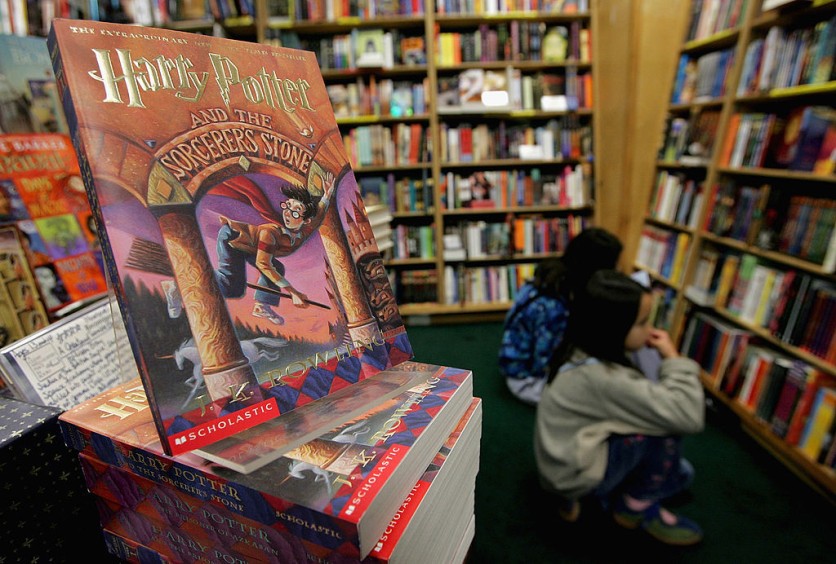In the enchanting universe of Harry Potter, JK Rowling conjured a world filled with portkeys, dragons, pensieves, and invisibility cloaks.

Harry Potter Fueling AI
While artificial intelligence (AI) may not be akin to magical inventions, the Harry Potter series has become a noteworthy literary reference in the realm of AI research. Within this magical literary realm, the researchers are leveraging the Harry Potter books for cutting-edge AI experiments.
The series provides a rich tapestry of language data and intricate wordplay, making it an ideal testing ground for pushing the boundaries of generative AI technology. Researchers have found a reliable ally in Harry Potter.
A study titled 'Who's Harry Potter? Approximate Unlearning in LLMs' delves into a technique designed to selectively make AI models forget information. This approach brings to mind the spell 'Obliviate,' a magical incantation in the series that erases people's memories.
Recall the poignant moment in 'Harry Potter and the Deathly Hallows Part 1' when Hermione alters her parents' memories to erase herself from their recollection, a truly heart-wrenching scene.
Addressing Copyright Concerns
In an intriguing development, an AI model has emerged to address concerns surrounding copyrighted content within extensive language models. Microsoft researchers have demonstrated the model's ability to selectively erase knowledge of the Harry Potter books without compromising its analytical prowess.
Upon closer examination, clear parallels between AI and Harry Potter emerge. Consider the Pensieve, for instance, which facilitates the storage and review of memories, a concept reminiscent of how data storage systems collect and preserve information for future use.
Similarly, think about the polyjuice potion, allowing temporary identity assumption. Interesting Engineering reported that it bears a resemblance to the concept of deepfake technology in AI, where techniques manipulate videos and images to create convincing simulations of individuals.
The selection of Harry Potter as the focal point for evaluation and confirmation of the 'unlearning' process in the model is rooted in its widespread familiarity, making it a universally recognizable benchmark within the research community.
Also Read : 'Hogwarts Legacy' Sequel May Be in Development Already as Avalanche Looks for Software Engineer
In a separate study, a language model named Silo was developed with the specific goal of mitigating legal risks by removing data.
When researchers examined the impact of individual text pieces on AI performance using Harry Potter books, they discovered that the model's accuracy measure, known as perplexity, worsened when the books were eliminated.
Recent additions to arXiv, a repository for scientific research, encompass diverse topics such as "Machine learning for potion development at Hogwarts" and "Detecting Spells in Fantasy Literature with a Transformer-Based Artificial Intelligence," as highlighted in Bloomberg's report.
Harry Potter holds particular appeal among younger researchers. Leila Wehbe, a researcher at Carnegie Mellon, emphasized the series' popularity among this demographic.
As she conducted experiments in 2014 involving brain MRI data collection from individuals reading Harry Potter books, Wehbe noted that these researchers likely read the books during their childhood or adolescence, influencing their choice when selecting written or spoken text corpora for experiments.
Related Article : ChatGPT Trained on Copyrighted Books! Memorized Harry Potter, Other Novels, New Study Claims

ⓒ 2025 TECHTIMES.com All rights reserved. Do not reproduce without permission.



